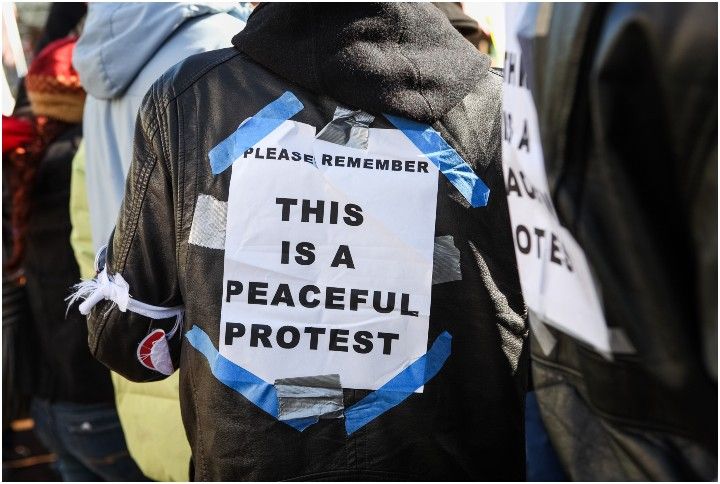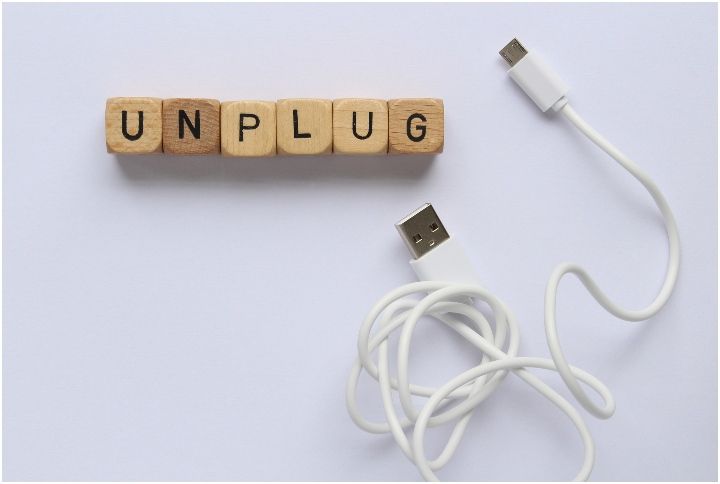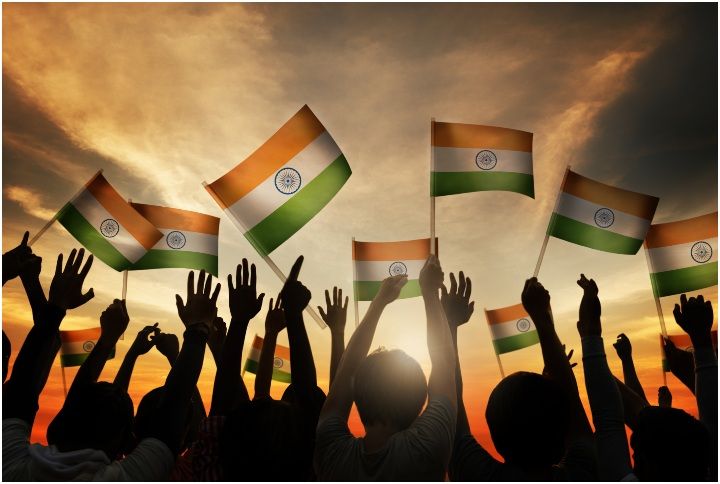India has seen an awakening of citizens’ activism over the past few months. There’s been an outpouring of protests over the Citizenship Amendment Bill (CAB/ CAA), the attacks at Jawaharlal Nehru University (JNU), the climate strikes of the Fridays For Future movement and the agitations over the National Population Register (NPR) amongst others. As the need to exercise your democratic rights becomes imperative, it can also become emotionally and physically exhausting to sustain whatever movement you may be supporting. No matter what the issue or side you’re on, taking care of yourself is critical. Read on for self-care tips that will help you stay calm and energised during these uncertain times.
1. Be Informed

Knowledge is power, and information is key. Before participating in a protest, ensure it’s planned as a peaceful one. Understand the risks involved based on who’s organizing, the planned venue, the way other protests are being responded to, and any other indicators that will help you be alert. Avoid protests that have the potential to turn violent. It’s important to be aware of the laws for citizen’s protests in the country. Also, check if it’s a long march, a sit-in or overnight camping. That’ll help prepare accordingly.
2. Respect Other Opinions

Protests are never one-sided. Chances are you will come across equally spirited protestors from the opposite camp. Sometimes they may be confrontational and try to provoke you. In other cases you may feel the same impulse. Just remind yourself that everyone has a right to make their opinions and voices heard. Even if you hold differing views, never resort to trolling or hate speech, and be mindful of incendiary situations that may get out of hand. Approach a debate with empathy and kindness. Don’t let your passion turn into stress, aggravation, or other forms of harm.
3. Stay Hydrated

You may be tempted to avoid fluids as bathrooms may be hard to come by during a protest. Bad idea. Dehydration can bring about fatigue and dizziness, amongst other health risks. And given the high-pressure situation in a protest, that’s risky. Drink plenty of water and water-rich foods.
4. Pack Well

Pack light. You wouldn’t want to lug a heavy bag around. Be sure to carry a reusable water bottle, cash, an ID, a few snacks, and a hat (to protect yourself from the heat). Wear comfy walking shoes. Your feet will thank you for it.
5. Take A Break

Listen to your body. If you feel tired, it’s okay to take a break. Find somewhere to sit, give yourself time to regroup, have a snack, and rejoin the protest when you feel up to it.
6. Take A Breather From Social Media…

With trolls running amok online, feel free to disengage at any time from Instagram, Twitter or Facebook. It can’t always be your job to engage in meaningful debate with those who are set on making hateful and ignorant comments. It helps to take a breather from social media every now and then.
7. …Or Turn To Social Media For Support

Speaking up by sharing your thoughts on social media is also a form of self-care. It helps to connect with like-minded people and build a sense of solidarity. And the validation you get when someone engages positively with your posts helps strengthen your purpose and resolve. Also, it helps tackle the spread of misinformation and fake news.
8. Build A Community

Protesting alone can make one feel lonely and can lead to burnout. Finding like-minded people to protest with would ensure continuous involvement, and this solidarity can help you hold each other accountable and look out for each other. Also, remember that even a single conversation with a stranger can help that one person understand the issue better and further their resolve to pass it on to another.
9. Know Your Limits

As much as we care about the things going on in our country, it can be exhausting to care continuously. Don’t stay silent if you feel what you need to say is important and must be heard. At the same time, if your activism is draining your energy, recognise your limits and honour them.
How do you recharge when practicing continuous activism? Please share it with us in the comments below!
We often have such conversations on Malini’s Girl Tribe. To be a part of them, join the community here.

